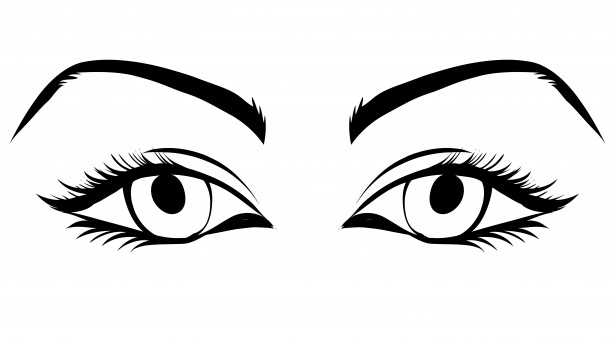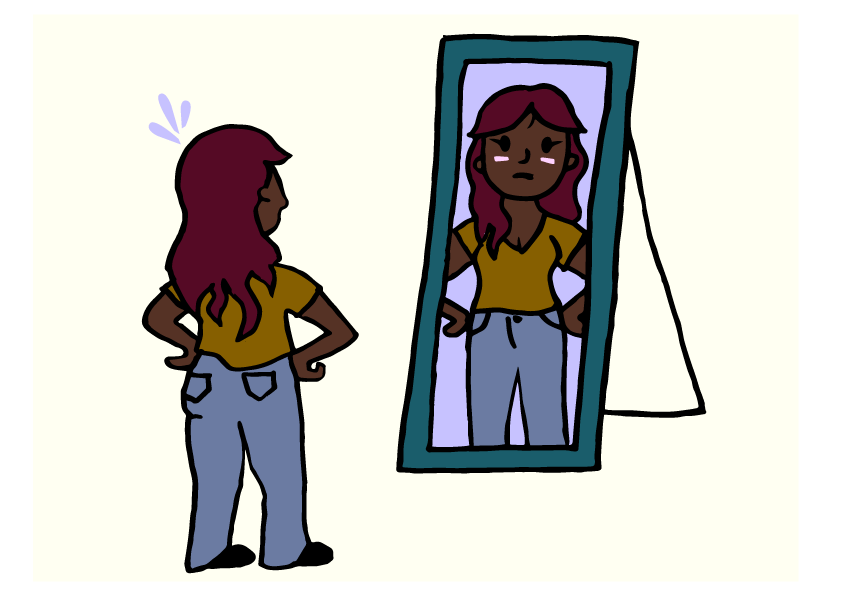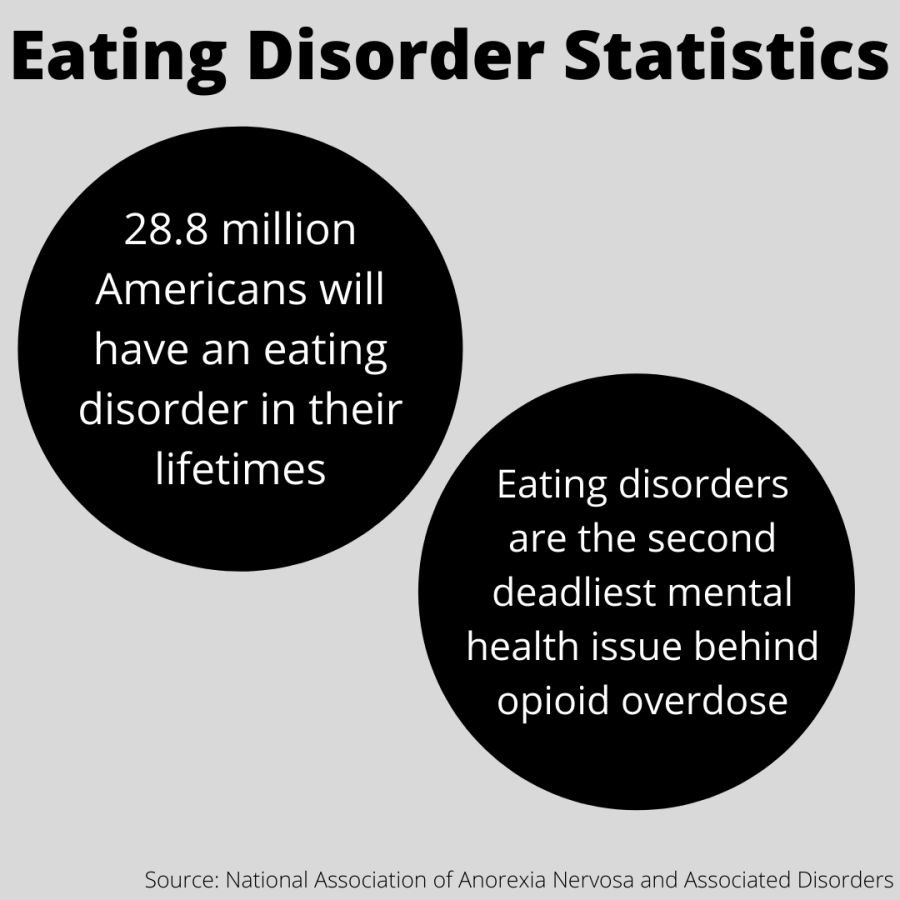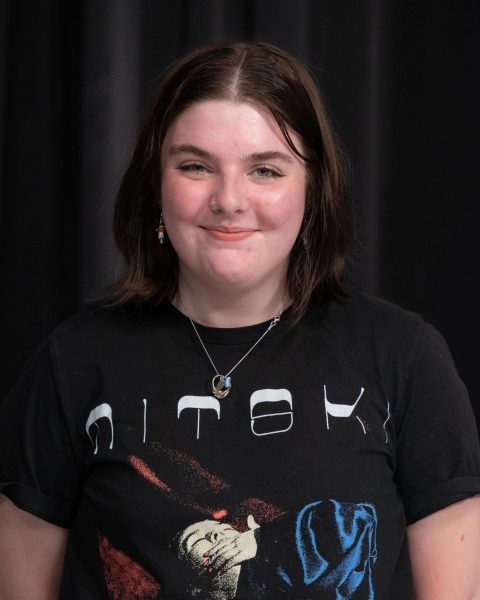I can remember back to as young as five years old being insecure about my body. I felt too tall and too chubby compared to my peers and never good enough. I was taught that even the idea of being outside of the norms of what it is acceptable to look like was wrong and a failure on my part.
To illustrate the world that I lived in, the same year that I was five, supermodel Kate Moss famously said, “nothing tastes as good as skinny feels.” This is the type of ideal that was being ruthlessly shoved in women’s and girls’ faces from every direction.
Every store I’d walk into right next to the cash register would be magazines with side-by-side images of a female celebrity on the red carpet looking unattainably gorgeous with the help of skilled makeup artists and hair stylists, next to a photo of the same celeb at the beach with a barely there pouch of fat at their stomach. The headline always made it out to be that the photo where they just looked like any other woman was the ugly one. As if she were lying and tricking the masses with makeup and shapewear.
Media informs what we should expect of ourselves and others, body image is not immune to this phenomenon.
A study found that after television was introduced to the island of Fiji in 1991 the rate of eating disorders in girls skyrocketed. Before the introduction of television, gaining weight and being bigger was seen as a good thing on the island. Afterward, however, 11.3% of adolescent girls admitted to purging food to lose weight. They said that they wanted to be skinny like the girls they saw on television.
Similarly in the United States, 42% of first through third-grade girls want to lose weight and 81% of 10-year-olds are afraid of being fat.
This is devastating. It genuinely makes my stomach turn, how much we have been screwed up by the world around us for this to be a reality.
Women my age, many women before and likely after us, have been and will be conditioned to hate the way we look. It’s almost a knee-jerk reaction to degrade yourself and pick out imperfections anytime you look in the mirror.
In my first year of high school, I developed an eating disorder. Sadly, I was one of many girls in my class who did.
Obviously, there were deeper parts of it than just how my body looked, but the rhetoric I had been served since childhood definitely didn’t help.
I believed that I was not enough if I wasn’t “perfect”. The crazy thing is it worked in getting more people to like me. I was treated differently. Boys started to have crushes on me and other girls would talk about how they wished their bodies looked like mine. But I was dying, slowly but surely shutting my body down. That was what was desired by my peers: sickness.
It’s taken me a long time to even come close to accepting the way I look, I still struggle with the voice in the back of my head telling me I’m not skinny enough or pretty enough. I try to focus on how my body feels rather than what it looks like, disassociating my self-worth from my looks.
If I had to tell someone going through something similar it would be this: You don’t need to shrink yourself down to be worthy of anything.
I really do believe that someday we may be able to live in a world where children don’t intentionally starve or preoccupy themselves with the way they look. No one should have to feel as though they are not enough simply because of the body they inhabit.
It is imperative that we shun the dogma that being skinny is something to be desired and fatness is something to be feared. A person’s body is not something to cast judgment on as if it’s a heinous act for them to exist in a body that doesn’t meet “perfection”. We need to have compassion for ourselves and others and look past the ideals ingrained in us by the society we live in.
This story was written by Kirsten Lyons. She can be reached at [email protected].











